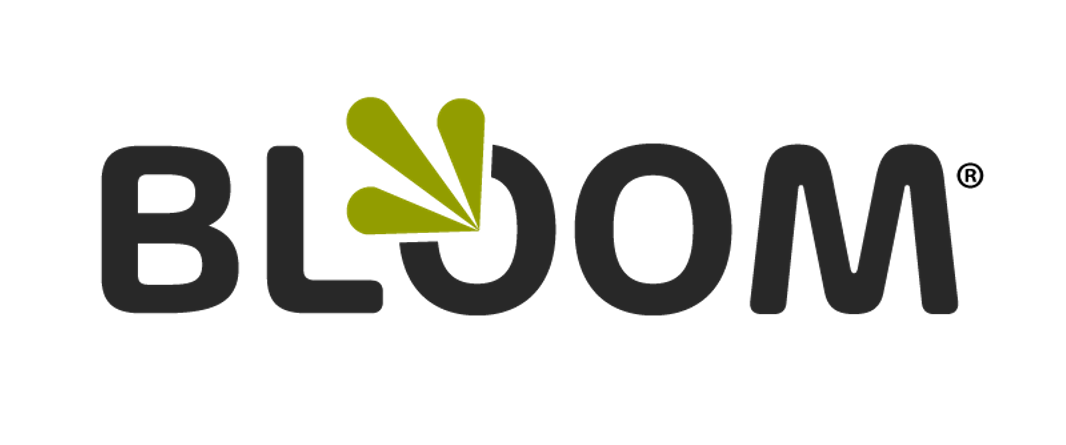The Power of Peers: CEO Peer Groups
4 reasons why it’s lonely at the top
A variety of unique factors contribute to a CEOs’ isolation from employees, organizations, and their own emotional needs and desires:
The nature of their responsibilities and duties can alienate CEOs from other executives and employees. CEOs are privy to highly confidential information that cannot usually be shared with former coworkers and advisors. As a result, “colleagues who were once peers and confidants may no longer be accessible because of confidentiality requirements. What once could be discussed with coworkers is now private, inside information. Social support is often diminished or even becomes non-existent.”
CEOs hold positions of power and authority that can lead to their real or felt sense of alienation. While good news can quickly rise to the top, bad news moves at an exponentially slower vertical rate. Jack Welch observes that “bad news festers in the trenches where those who possess it hope they can make it go away before anyone notices.” With lower-level employees guarding higher-ups from bad news, CEOs can find themselves increasingly insulated.
CEOs may emotionally isolate themselves to maintain an appearance of confidence. While this tactic may sustain overall morale, CEOs then pay a great emotional and relational cost to keep up the facade. As a result they may experience isolation to do the pervasive but false perception that it is an admission of weakness for leaders to ask questions or to see outside help.
Some CEOs struggle with feelings of insecurity, others with their own inflated egos. Some may surround themselves with “yes people” whose constant affirmation may lead a CEO to develop a distorted sense of themselves and the business; such unchecked egos overpower good business sense and jeopardize the organization’s health.
The solution to loneliness and alienation lies in peer groups
Rather than turning to friends or family members for support, CEOs can turn to peers in business who can fully appreciate the situation and provide truly informed empathy.
When considering potential confidants, it’s important for a leader to seek honest opinions and perspectives and to avoid constant reassurance, information isolation, and undermining intentions.
Peer Pressure, Peer Support
Peer groups can provide informed empathy for the isolated CEO that is likely not being provided by other relationships. CEO peer groups are informal gatherings where leaders from non-competing industries meet on a regular basis to discuss their business and personal struggles, share and receive practical advice, network, and generally socialize among equals. They provide a safe forum for CEOs to express their fears and anxieties without risking their business interests or reputations. By expressing their fears in conversation rather than suppressing or denying them, group members can acknowledge their fears as legitimate and appropriate feelings, but also place them in proper scope and context. Not all conversations must be about crisis - nearly any topic is appropriate.
Many such groups require members to sign non-disclosure agreements, thus formalizing a social contract of confidentiality. In the case of publicly traded companies, these groups often prohibit their members from trading in each other’s stock.
Insight facilitates a peer group for CEOs of privately held companies that functions in many ways like an informal board of advisers. “I use Insight’s Chief Executive Series like a board of directors,” comments Jim Abbott, CEO of Nimet Industries, Inc. “Every meeting has new, valuable information, and it has never been a waste of my time. I call the CEO members when I have a problem to solve and need advice. It can be lonely at the top, and it has been great to have this group for support.”
Peer groups constitute a valuable resource of knowledge and experience; CEOs can gain advice from other seasoned businesspeople that have likely faced similarly challenging circumstances. Listening to how a peer solved a particular problem might spark fresh thoughts on a variety of topics. Additionally, the direction of the global business market toward horizontal relationships highlights the importance of the ability to network resources and collaboratively outsource, or “growthsource” non-core needs to the expertise of business partners.
With peer groups comes accountability
Peer groups can provide CEOs, who are often answer to very few individuals, social accountability for constructively dealing with specific problems they’ve shared during group meetings. Although this kind of accountability is informal, it’s invaluable. In sharing his experience in a CEO peer group based in Bend, Oregon, one member shared that “one of our group members knew he had to make a termination . . . At the next meeting the first thing his peers asked was, ‘Well, did you do it?’ The group forces you to take actions you don’t always want to take.” This informal accountability can help motivate CEOs whose energy, motivation levels, and general focus have decreased due to the lack of accountability at the highest level of leadership.
